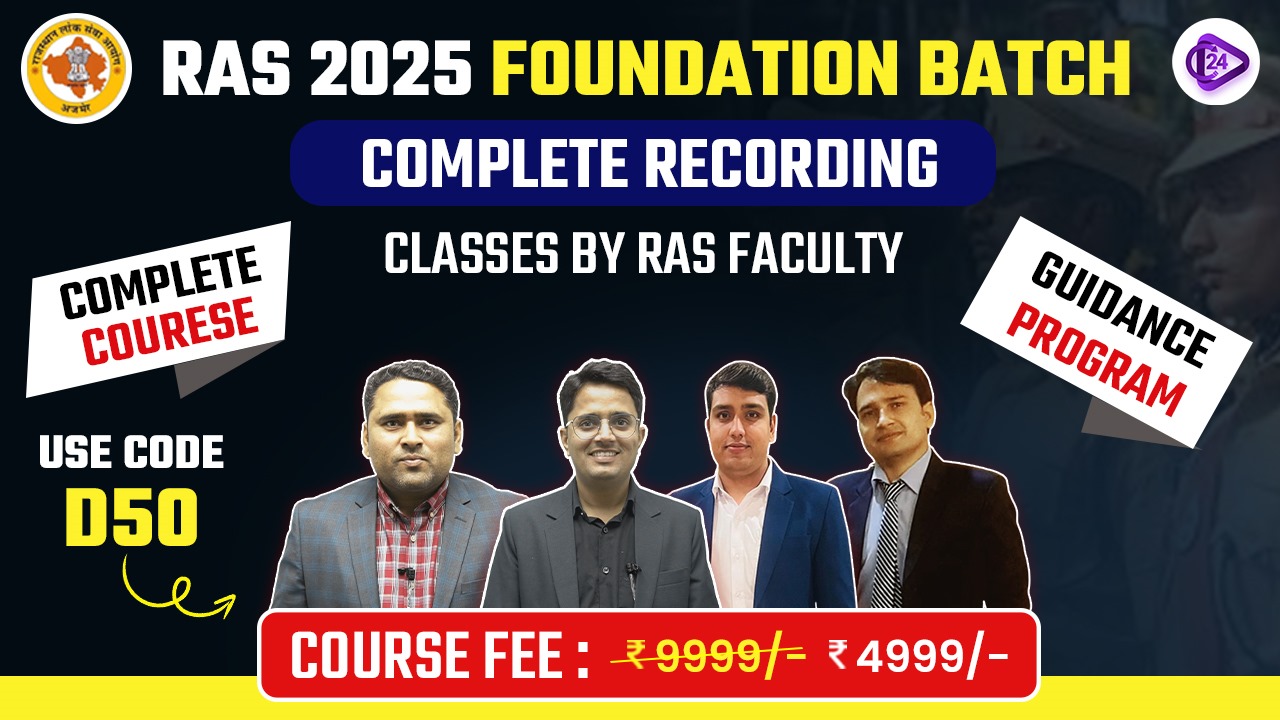
Rebellion struck Manipur when N Biren Singh resigned from the chief minister position on Sunday morning. Public turmoil has been on the rise because ethnic conflicts in the state resulted in more than 250 fatalities. He presented his resignation to Manipur Governor Ajay Bhalla before expressing his gratitude to the central government for backing his actions during crises and development activities.
Political Uncertainty & Speculation Over President’s Rule
-
The unclear support from BJP MLAs for a successor leader has led to predictions about the need to enforce the President’s Rule (Article 356) in Manipur.
-
Ajay Bhalla sanctioned the decision for Singh to maintain the caretaker Chief Minister role but restricted him from executing governmental policies.
-
The BJP continues to seek avoidance of President’s Rule through its efforts to nominate a new Chief Minister.
-
BJP leader Sambit Patra has traveled to Manipur to evaluate the current conditions while planning changes to the state leadership.
Constitutional Provision: President’s Rule (Article 356)
-
Implementing the President's Rule requires either a constitutional breakdown from the state government or a major law and order breakdown in the state.
-
The declaration requires the completion of two official criteria.
-
The state's governance cannot be performed as outlined in the Constitution when the Governor makes such a report.
-
The state authority breaks Union government directions on administrative tasks when it neglects to follow their commands.
-
During a state government imposition, the central government launches administration through the Governor while suspending all essential authorities of the state government.
Reasons Cited by N Biren Singh for Resignation
-
Five main factors motivated Singh to resign according to his letter of resignation.
-
Protecting Manipur’s main territorial region takes priority because of its essential cultural and historic value.
-
The state government needs to enhance border protection measures to control undocumented migration.
-
The state aims to continue its offensive against both drugs and narco-terrorism activities throughout its borders.
-
Such steps should include new free movement regulations and biometric systems to control border journeys and other inter-border activities.
-
The development of infrastructure needs acceleration together with the implementation of border security systems.
-
June 2023 Ethnic Violence
-
The June 2023 ethnic violence provoked Singh to consider resignation until his supporters convinced him to maintain his position.
-
Thousands of people assembled in front of his Imphal home that day which stopped him from stepping down as Chief Minister.
-
At that time public opinion strongly opposed his resignation which led to a supporter tearing his letter.
-
The chief minister questioned whether his administration had maintained the support of the people.
Implications of Singh’s Resignation for Manipur’s Future
-
Singh’s resignation creates a significant impact on Manipur’s upcoming direction.
-
The BJP needs to speed up the selection process for their new leader since political instability will rise without it.
-
The new administration needs to address security threats because ethnic conflicts continue across the state.
-
Development projects along with critical infrastructure and welfare initiatives should avoid delays or interruptions because of uncertainty within political leadership.
-
President’s Rule could emerge as a solution when no unified government takes control of the state under Article 356.
Constitutional Framework for Chief Minister’s Appointment & Removal
Appointment of the Chief Minister
-
The Governor makes Chief Minister selections through the Leaders of Congress Legislators Party in the Assembly.
-
The Chief Minister serves as the leader of the Council of Ministers and gives advisory recommendations to the Governor according to Article 164.
-
The Governor of the state retains the power to select a government leader from the party with the highest number of assembly members whenever there is no clear majority.
After General Elections:
-
The party that achieves a majority in the Legislative Assembly selects its leader who receives an official appointment from the Governor.
-
The Governor assumes responsibility to name the party leader chief minister and issue an invitation for creating the Council of Ministers.
-
In Case of a Hung Assembly (No Clear Majority):
-
The Governor possesses power to request the leader of the largest parliamentary party to establish the new government.
-
After consultation, the Chief Minister must demonstrate comprehensive support from Assembly members to the Governor during a specific time frame.
Tenure of the Chief Minister
-
The Governor grants authority to the Chief Minister but the legislator requires support from the Legislative Assembly to remain in power.
-
According to the Constitution, the Chief Minister can stay in office until they maintain their legislative majority.
Removal of the Chief Minister:
-
A Governor possesses the power to dismiss the CM after the Chief Minister loses amalgamation with the majority of Assembly members.
-
The State Legislative Assembly possesses the power to depose its chief minister through a vote of no-confidence motion.
Powers and Functions of the Chief Minister
A. Executive Powers
-
The state government gets its executive head through the CM who leads the Council of Ministers.
-
The Chief Minister provides guidance to the Governor for deciding on official appointments and legislative policies and the entire administrative system.
-
The CM has the responsibility to achieve efficient execution of government directives through operation.
B. Legislative Powers
-
The CM fulfills dual roles as leader of the State Legislative Assembly where he plays a vital part in legislative procedures.
-
The Chief Minister must provide essential information about state matters along with cabinet decisions to the Governor of the state.
-
The CM reveals important government policies to the Assembly through public announcements.
-
Through the power of recommendation, the CM has the authority to request the Governor to break up the Legislative Assembly thus initiating new electoral processes.
-
Legislative Assembly dissolution rests with the CM since he or she has the authority to recommend to the Governor that fresh elections be conducted.
-
The administration leads to Governor decisions regarding Assembly Session summoning and adjournment along with proroguing.
Conclusion
N Biren Singh’s resignation from the position of Manipur’s Chief Minister creates an essential moment of political transition when the region confronts ongoing ethnic strife and instability. The absence of an apparent candidate for leader creates uncertainty regarding the President’s Rule (Article 356) while the BJP tries to prevent its application. The Governor requires Singh to function as a caretaker chief minister pending party leaders finding a replacement for the role.
The present crisis highlights both the operational duties of the governor and the constitutional methods for selecting or replacing the CM and the chance of central government intervention. Quickly settling the crisis of leadership in Manipur will establish essential conditions for political stability and governmental operations as well as rebuild public faith in the state.




 Haryana Launches ‘Har Khet-Swasth Khet’ to Boost Soil Health
Haryana Launches ‘Har Khet-Swasth Khet’ to Boost Soil Health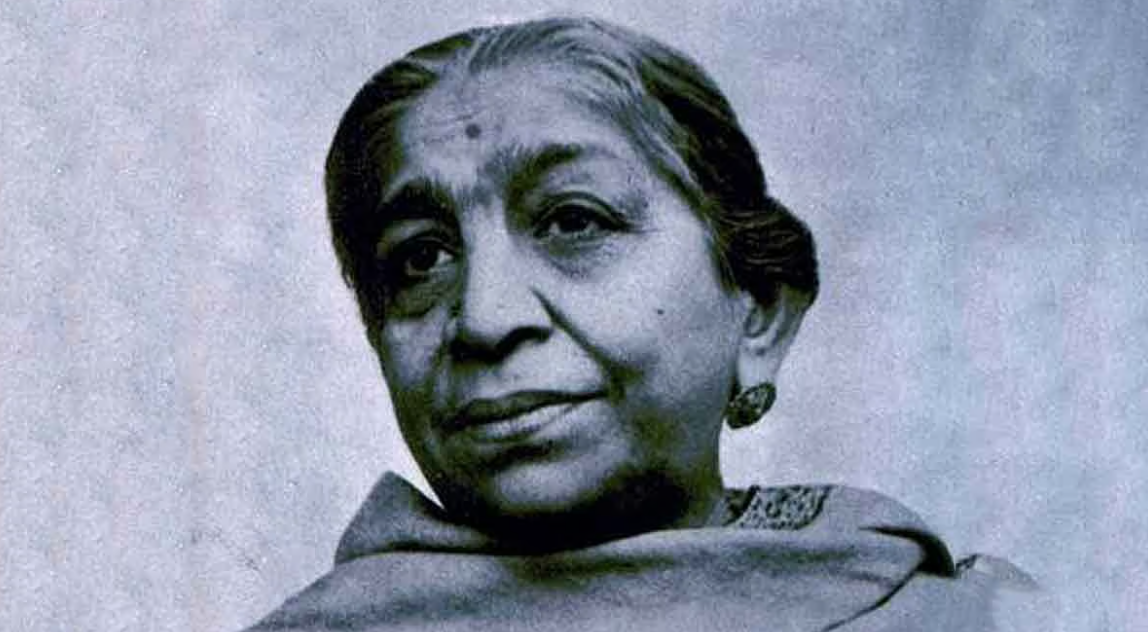 National Women’s Day 2025: Honoring Sarojini Naidu’s Legacy
National Women’s Day 2025: Honoring Sarojini Naidu’s Legacy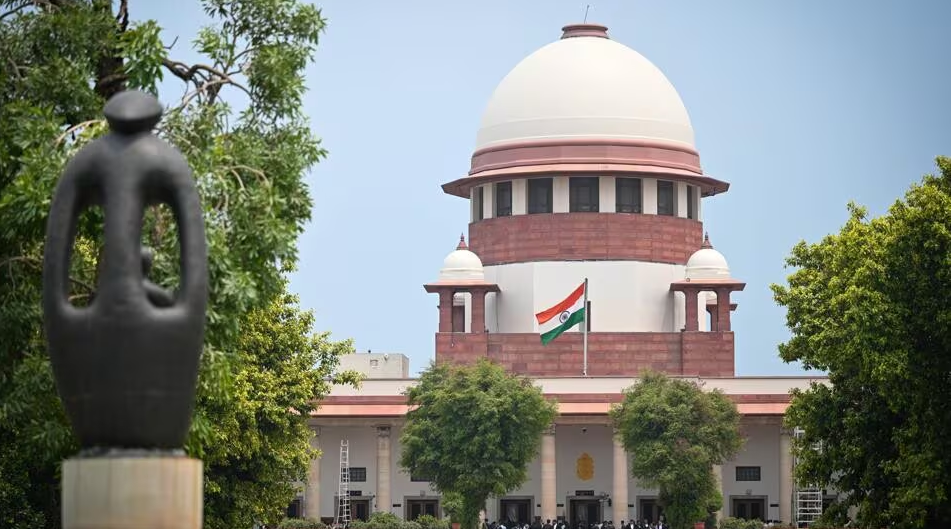 Supreme Court’s Stand on Election Ban for Convicted Politicians
Supreme Court’s Stand on Election Ban for Convicted Politicians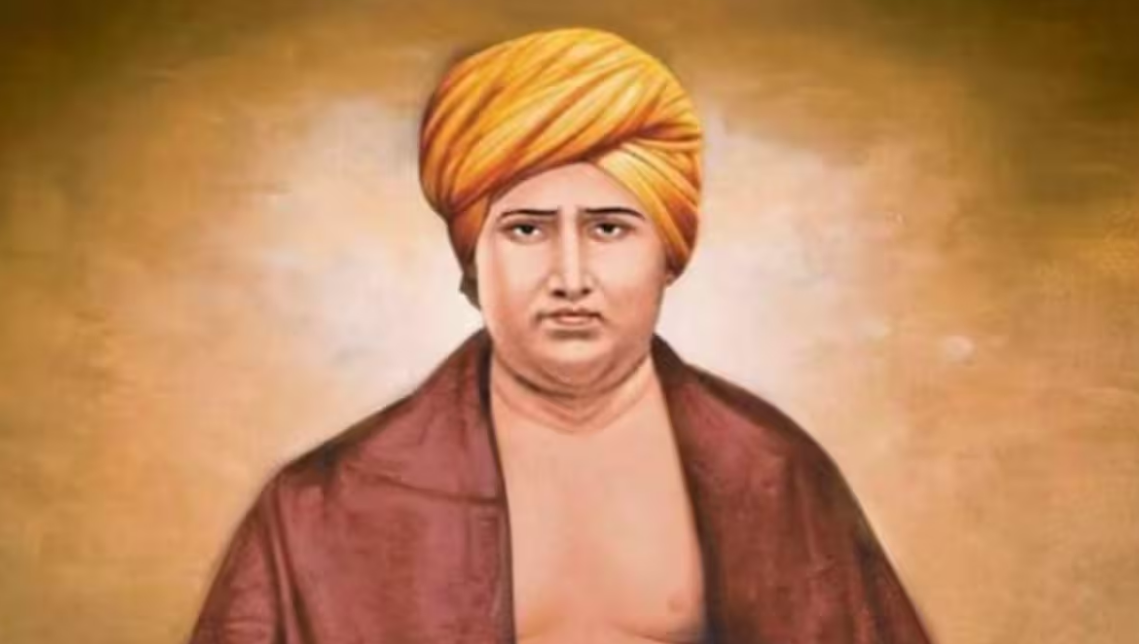 Maharshi Dayanand Saraswati’s 200th Birth Anniversary: Honoring His Legacy
Maharshi Dayanand Saraswati’s 200th Birth Anniversary: Honoring His Legacy India’s First Kidney Transplant for a Patient with Rare ‘Bombay’ Blood Group
India’s First Kidney Transplant for a Patient with Rare ‘Bombay’ Blood Group India Committed to Eliminating Lymphatic Filariasis by 2027: J.P. Nadda
India Committed to Eliminating Lymphatic Filariasis by 2027: J.P. Nadda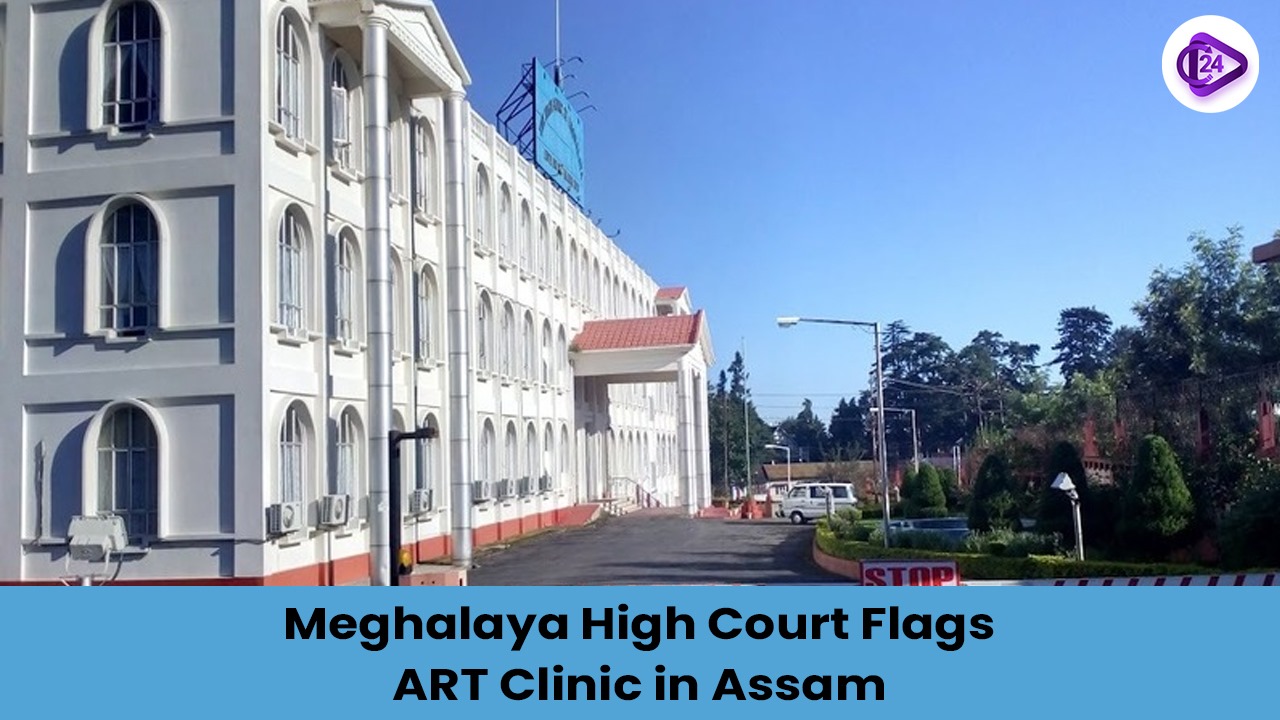 Meghalaya High Court’s Action Against Assam Fertility Clinic
Meghalaya High Court’s Action Against Assam Fertility Clinic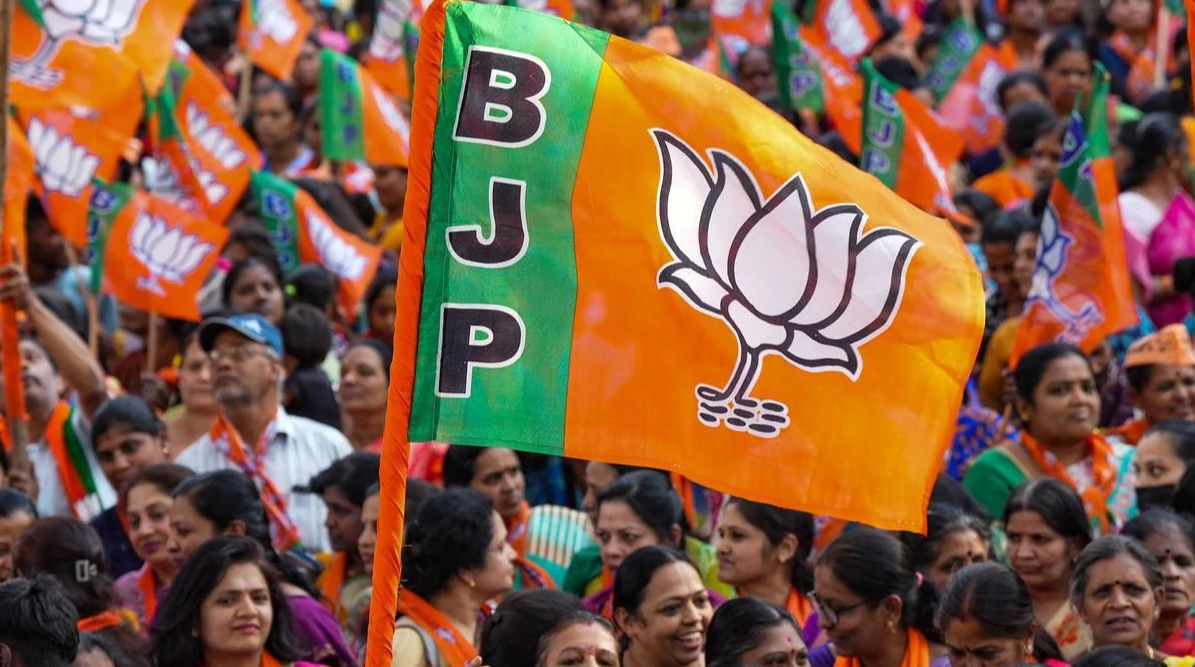 BJP Sweeps Delhi: Ends 27-Year Long Political Drought
BJP Sweeps Delhi: Ends 27-Year Long Political Drought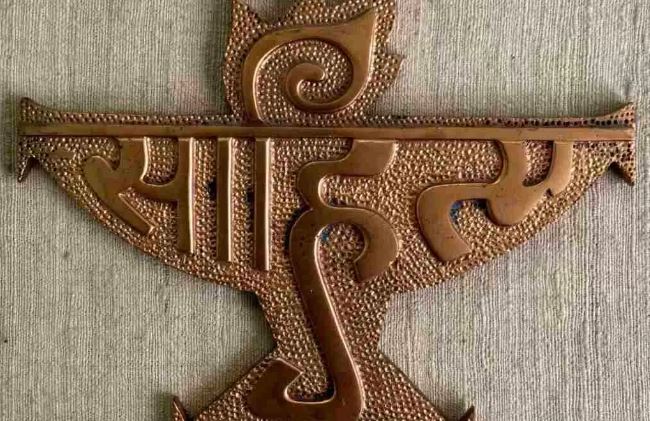 Late Chaman Arora was Honored with the Sahitya Akademi Award 2024 for Dogri Literature
Late Chaman Arora was Honored with the Sahitya Akademi Award 2024 for Dogri Literature





